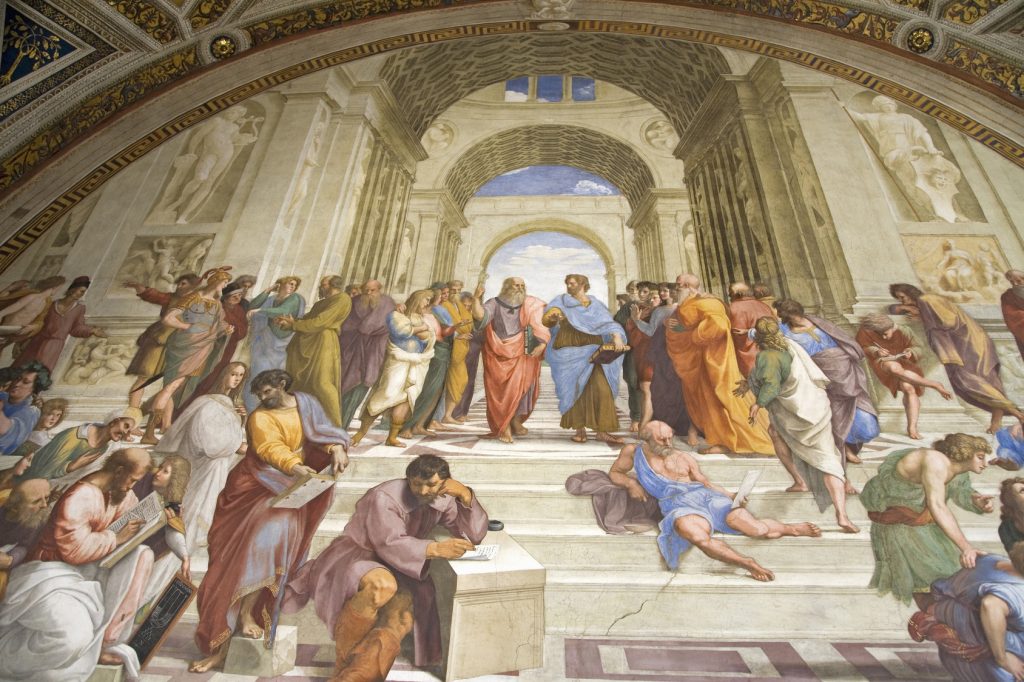About Us
Plato is eminent as one of the world’s most prominent logicians. Conceived in 429 BC around the hour of the passing of Pericles, he lived for almost eighty years up until the period that started with the introduction of Alexander the Great. He had a place with a highborn Athenian family who were by the norms of those days generally rich. Countless Plato’s family members assumed a functioning job in Athenian governmental issues, yet this was a movement that Plato himself avoided.
During his childhood he got intrigued by the lessons and contemplations of Socrates, to such an extent that he went to the foundation that Socrates set up. Plato was just thirty years of age when Socrates was murdered in jail for carrying out violations against the divine beings.
In spite of the fact that inconceivably troubled by the passing of Socrates, Plato set about recording the discussions he had held with his educator. Today, the majority of what we think about Socrates, the man and his speculation, originates from the writings made by Plato.
After some time, he started to build up his own ideas and thoughts identifying with reasoning. One of his most popular works is “The Republic”. This is a book that portrays his contemplations on how a superior government could be framed than that what was in power in Athens at that point.
As was normal among the old rationalists of that age he was not an enthusiast of vote based system. It was his feeling that uneducated individuals ought not have a state in choosing authorities that were to administer. He set forward a proposal that the most mentally practiced in the public arena ought to be those that hold force and decide. A skeptic may state that because of his childhood among the privileged he would consistently recommend that the exclusive class ought to administer.
Plato had an enthusiasm for the common world and how natural frameworks communicate and create. He accepted that all issue and musings had an ideal structure. One of the most popular strategies he used to clarify his ideas was an allegory identifying with a cavern.
He proposed that if there was a cavern inside which there were a gathering of men tied in a bad position and they could just observe the rear of the cavern and not any more, all that would be obvious to them would be shadows, and these shadows included all reality. He suggested that in the event that one of these cavern detainees was to get away and take in the excellence of the outside world, in the event that he, at that point came back to visit the rest of the hostages and mention to them what existed outside, all things considered, he would be informed that he was insane and maybe in any event, daydreaming.
Plato recommended that we are on the whole fundamentally the same as those men stuck in a cavern. We accept that we have a deep understanding of the world and presence, yet we are caught in our bodies similarly as the men in the story were caught on a cavern. It was his strategic assist individuals with comprehending this present reality, both in down to earth and hypothetical ways.
